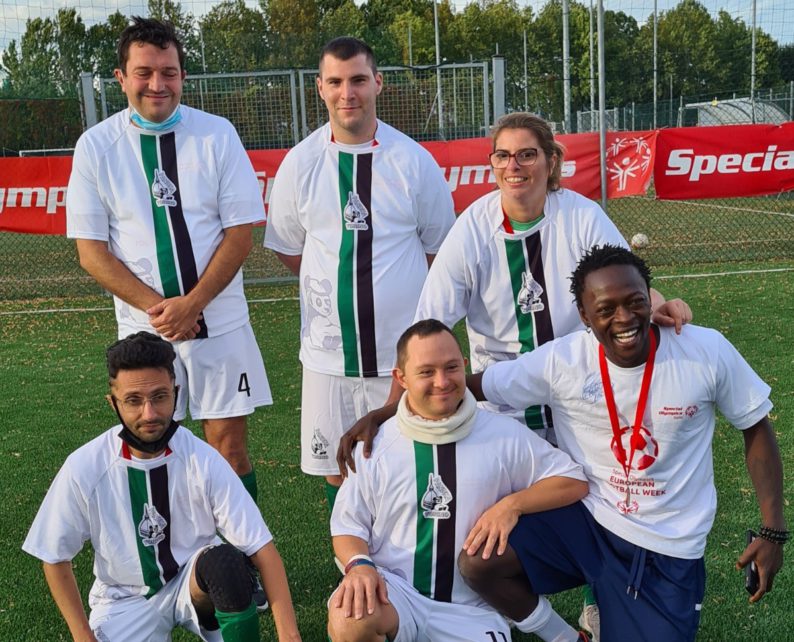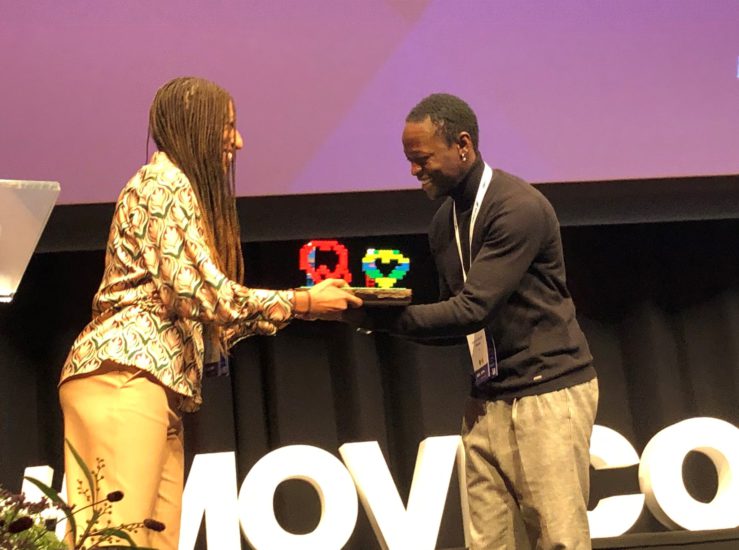By Lilia Douihech-Slim, Journalist
In northern Cameroon, where separatists, terrorists and government forces are fighting one another, my family life was unstable which led me to the migratory routes. But I don’t want to talk about these traumas anymore. Today I am 23 years old, and I am an advisor for the “United with Refugees” programme within Special Olympics Europe Asia (SOEA). This organisation helps people with and without mental disabilities by connecting them through sport.
October 2014: I am convinced that by opening up to this man I did not know, without telling myself that I would not return to Kolofata, my uncle wanted to give me a chance. Therefore, I followed this smuggler, hoping to find a safer place to live: Nigeria, Niger, Algeria, Morocco, Algeria again and then Libya. For a year, I remained silent both because of the language barriers and because of the fear of reprisals.
November 2015: On the boat of the Italian coastguards that was safely taking us to Pozzallo in Sicily, we were about 100. We were taken into care by the Red Cross and sent a reception centre in Settimo Torinese, an industrialised town of about 48,000 inhabitants on the outskirts of Turin. We were provided with basic necessities, and we were provided with psychological recovery sessions.
After a little while and several steps that will allow me to be granted asylum in Italy, I felt ready to discover this new land. But the reception centre was far away from everything, we didn’t understand the language and the local community had hardly ever been confronted with migrants before. Although the places for exchanges and discussions – libraries, cinemas, museums or bakeries – were also open for us, we did not feel welcome. I needed the help of Luigi Petrillo, my educator, to accompany me there and to encourage me to take Italian lessons.






